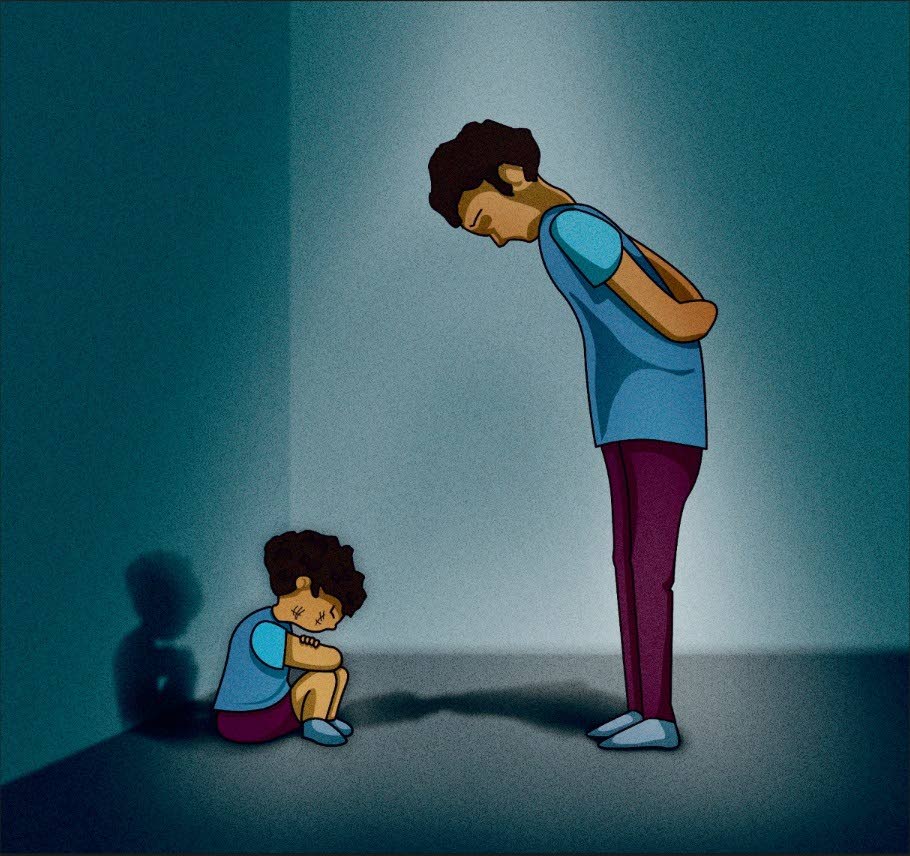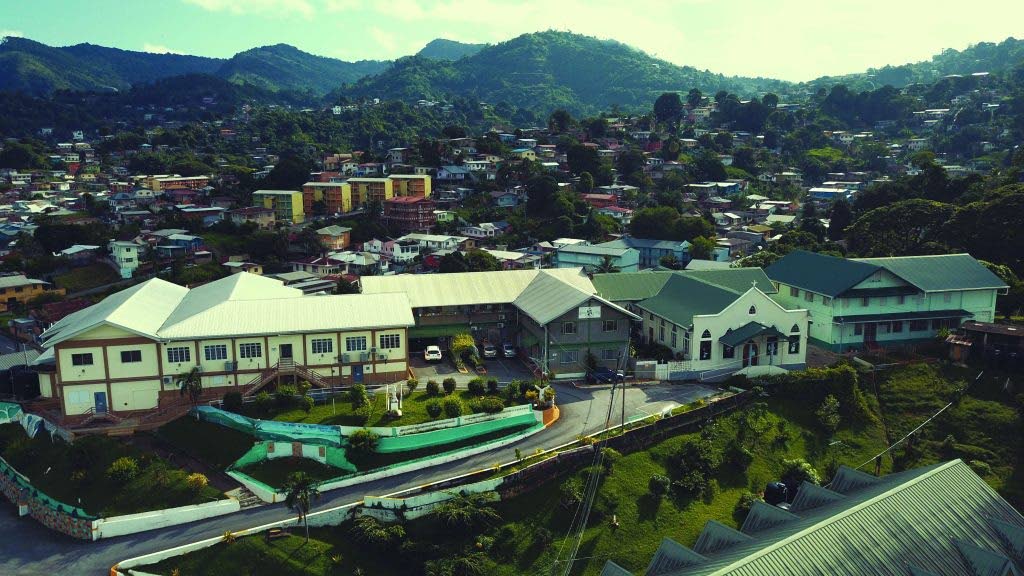Survivor haunted by abuse at St Dominic's Children's Home

As debate continues over the revelations of the 1995 Robert Sabga and 2021 Justice Judith Jones reports on abuse at children’s homes, and pending investigations by the police and Catholic Church, one survivor shares his story with Newsday.
A survivor of abuse at the St Dominic’s Children’s Home in Belmont, who left there in 1997, said his ability to relate and interact with people has been irrevocably altered by the abuse he suffered while growing up at the home. He now lives in the Netherlands where, as a gay man, he has been granted asylum status.
“I can’t form friendships. I get real irritated with people fast, I have a low span for stupidity. I don’t keep many friends, and who I keep as friends, if they cross me, I behave really badly. All of this is because of my background, what I’ve been through. I still rock myself to sleep at night, at the age of 42, because I can’t sleep normally.”
Melville (not his real name), was sent to the home as a baby, after the courts removed him from his father’s custody. His mother was a mentally-ill woman who was in and out of St Ann’s Psychiatric Hospital, or so he was told. He was told neither parent could have brought him up.
“My father was a criminal. He used to come and see me and when I told him about the abuse I had been through, he gave me a knife to do what I had to do. Sister Marina saw that transaction and took the knife away from me, and he was banned from coming to the home. He was killed when I was 12 or 13.
“He used to bring stuff for me to eat, because sometimes you would get punished by no food in the home, so when your family came and brought you food, a lot of children were always glad for it.” Melville’s story, like those of the other survivors who have come forward since the revelation of the Robert Sabga report, is simultaneously heartbreaking and infuriating.
“I’ve never been penetrated by a staff member but I used to get touched on my penis and anus from two men. I can’t speak about others because I have no personal experience with them. I was even made to do oral on the bigger boys in the home. If a staff/supervisor didn’t come out to work, a big boy or big girl would be sent to your department to help out, and sometimes they would take advantage of us too.
“There were staff members who would take children home, or sometimes they would let other men take children home. There are guys who would think it was a privilege to be sent home with a staff member. For some of us it was a privilege to get to go out of the gates of the home.”
He said even when some of the children tried to report what was happening, it wasn’t taken seriously.
“We could never have gotten a medical report because none of this was really in the open. Some of us reported it but to no avail because you could be punished. We told one person about it, and she tried taking it to the nuns and still nothing was done.”

Melville said he left the home in 1997 when he would have been approximately 17, a year after the fire which destroyed a portion of the institution in 1996.
“When I left, my grandmother on my dad’s side came and took me to London. She died from diabetes and cancer, and I came back to Trinidad. I went to stay at a sister on my mother’s side who I found out about, but they only kept me until the little money I came back with was finished, and then I was put out.”
Melville said he ended up living on the streets and fending for himself.
He said he spent some time in prison because he ended up stealing to survive.
“Men would use me, because I was young, and put me out when they were done with me or when I decided ‘you can’t do this to me’. I spent time on the road and in people’s homes, even in prison, because I am a very aggressive person because of my background, defensive and stuff like that, I try to defend myself at all costs.”
He said after he was released from prison, he was working at various small restaurants until a benefactor arranged a job for him at a hospital.
“I was grateful for the hospital work and a better opportunity came to travel to London. Afterwards I heard about asylum-seeking in the Netherlands and that’s where I am now. I got asylum because I’m gay and Trinidad is not really a safe place for some of us gay people. Sometimes we would pick a wrong partner and get killed or beaten up and the police don’t really look into gay matters in Trinidad. I’ve been beaten up two and three times and hospitalised, so I decided I’m not going to take it anymore”
Melville said as part of the asylum process he received psychiatric evaluation and treatment, and was currently again undergoing a course of treatment.
Asylum in the Netherlands can be sought if people fear persecution, the death penalty or execution, torture or other inhumane or degrading treatment in their country of origin.
Melville said some of the men who abused him at the home were still moving about in society, in positions where they would have access to potential victims. He said it was a good thing that the Sabga report was out in the open and the police were investigating it.
He said he had spoken to the head of the Gender-based Violence Unit, Supt Claire Guy-Alleyne, and was also talking to a lawyer who was working with some of the victims pro-bono. He said the abusers must be brought to justice and he would be happy to testify against them.
“I would prefer to do it in person, because I want my voice to be heard, I want to be present and make you see my face. I don’t blame Trinidad for what I went through, I blame the home. It’s just at that point in time it should have been investigated, because they had the evidence, they had everything there, so whatever has to happen, they have to pay, they have to go to jail, whoever has to be held accountable, it falls on them.”

Comments
"Survivor haunted by abuse at St Dominic’s Children’s Home"